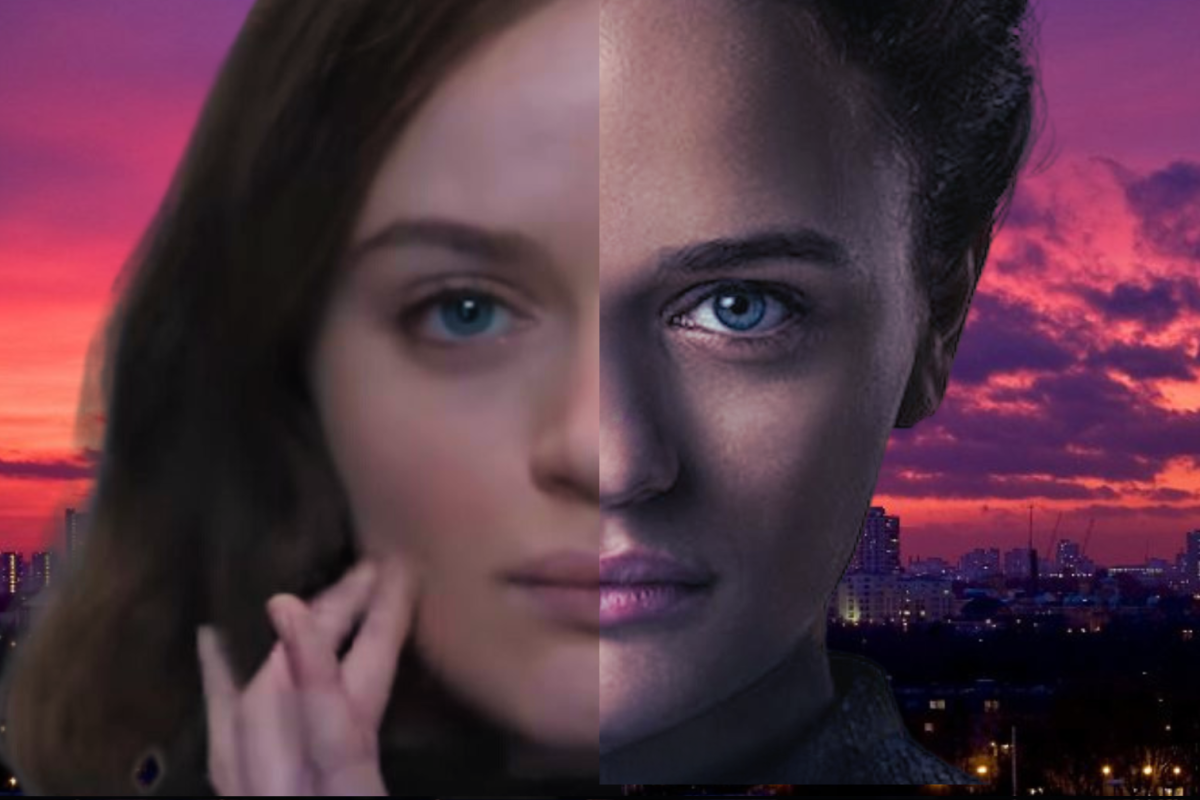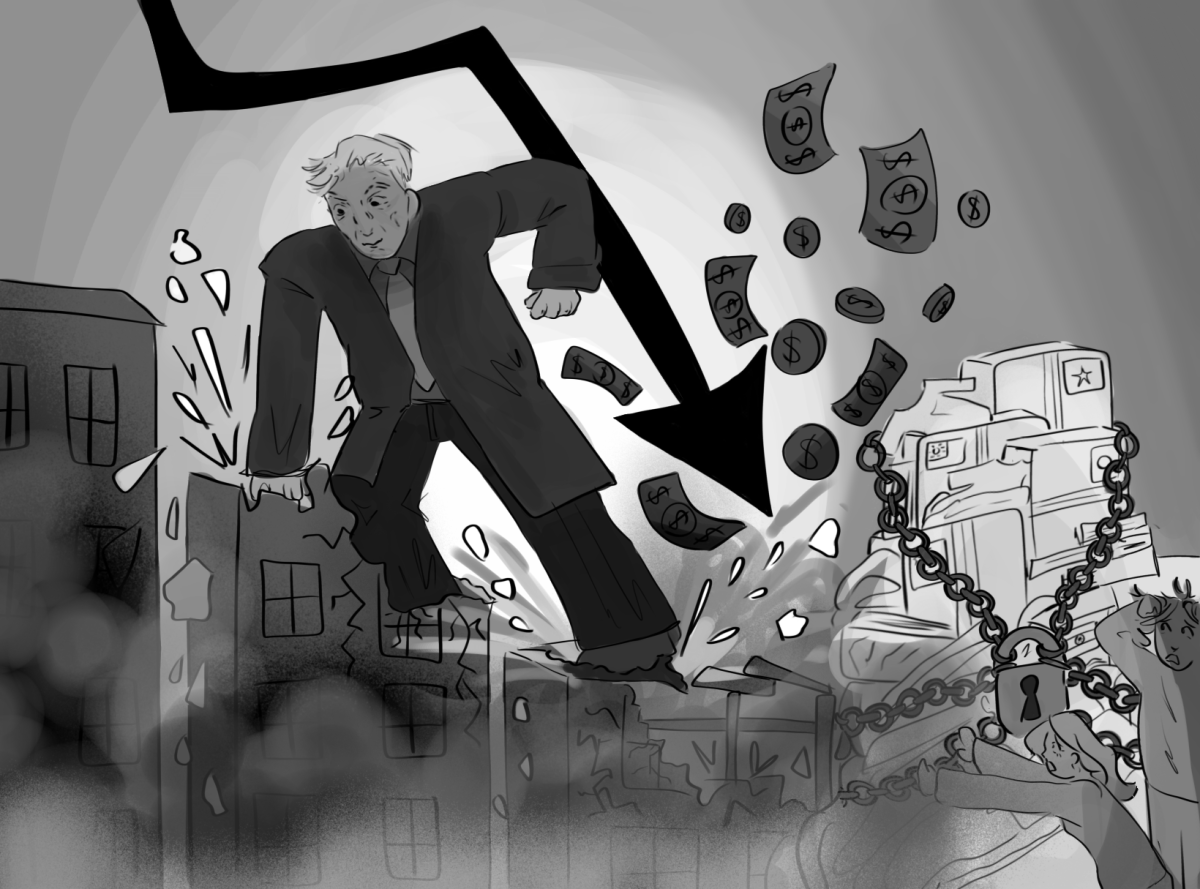In a dystopian future, every 16 year old undergoes a cosmetic procedure that drastically transforms them from “ugly” to “pretty.” It’s the introspective — yet wildly uncanny — story that catapulted Scott Westerfield’s 2005 novel “Uglies” into commercial success as the Young Adult (YA) dystopian genre boomed during the late 2000’s and early 2010’s. Now, nearly 20 years later, Netflix released the highly anticipated screen adaptation of “Uglies” on Sept. 13.
While the “Uglies” narrative has all of the right components for “YA dystopian success,” , its film manages to shrink the plot into a disheveled, contrived mess. Even copious amounts of synthetic CGI couldn’t save “Uglies” from being a vapid, undeniably derivative adaptation.
Joey King stars as Tally Youngblood, an “ugly” girl whose life is upended when her friend, Shay (Brianne Tju), goes missing days before her operation. Realizing Shay has escaped to “The Smoke,” a secret society of people who refuse the operation, Tally is thrust into a government-led mission to find Shay. Yet as Tally discovers the government indoctrination pervasive within the operation, she tethers between becoming “pretty” or joining “The Smoke’s” seditious rebellion.
“Uglies” falls victim to the common trap of poorly-paced films that flails in its plot, losing the direction and purpose seen in its novel and YA predecessors.
Compared to wildly successful dystopian YA films like “The Hunger Games” and “The Maze Runner,” “Uglies” falls victim to the common trap of poorly-paced films that flails in its plot, losing the direction and purpose seen in its novel and YA predecessors.
Exposition is used excessively in the film, dragging on scenes where Tally continues incessantly about the cataclysmic oil crisis that led to society’s reformation. The plot does excite in the moments leading up to its climax, where riveting action scenes evoke the same dynamics of its YA forerunners, but abrupt changes of pace ultimately interrupt its flow. When the film should be ramping up its stakes, it reserves too much time for prolonged, unnecessary scenes where Tally learns hoverboarding and crossbowing, or awkwardly stares at a shirtless David (Keith Powers) showering in a lake.
“Uglies” relies upon CGI elements to bring its futuristic world to life; unfortunately, everything from the farcical “ugly” to “pretty” transformations to the green screened hoverboarding shots feels cheap and anachronistic, as if the only element of early 2010’s YA dystopia that the movie retained was its dated cinematography.
While Westerfield’s novel is a biting critique of societal beauty standards and conformity, the film only scratches the surface. If casting conventionally attractive adults to play “ugly” teenagers wasn’t enough of a paradoxical choice, characters exchange inane dialogue ranting about their “imperfections.” Rather than providing any nuanced commentary on the toxicity of beauty standards, “Uglies” is a superficial mess of a film that ultimately fails to convey the thematic intricacies of the original novel.





























































